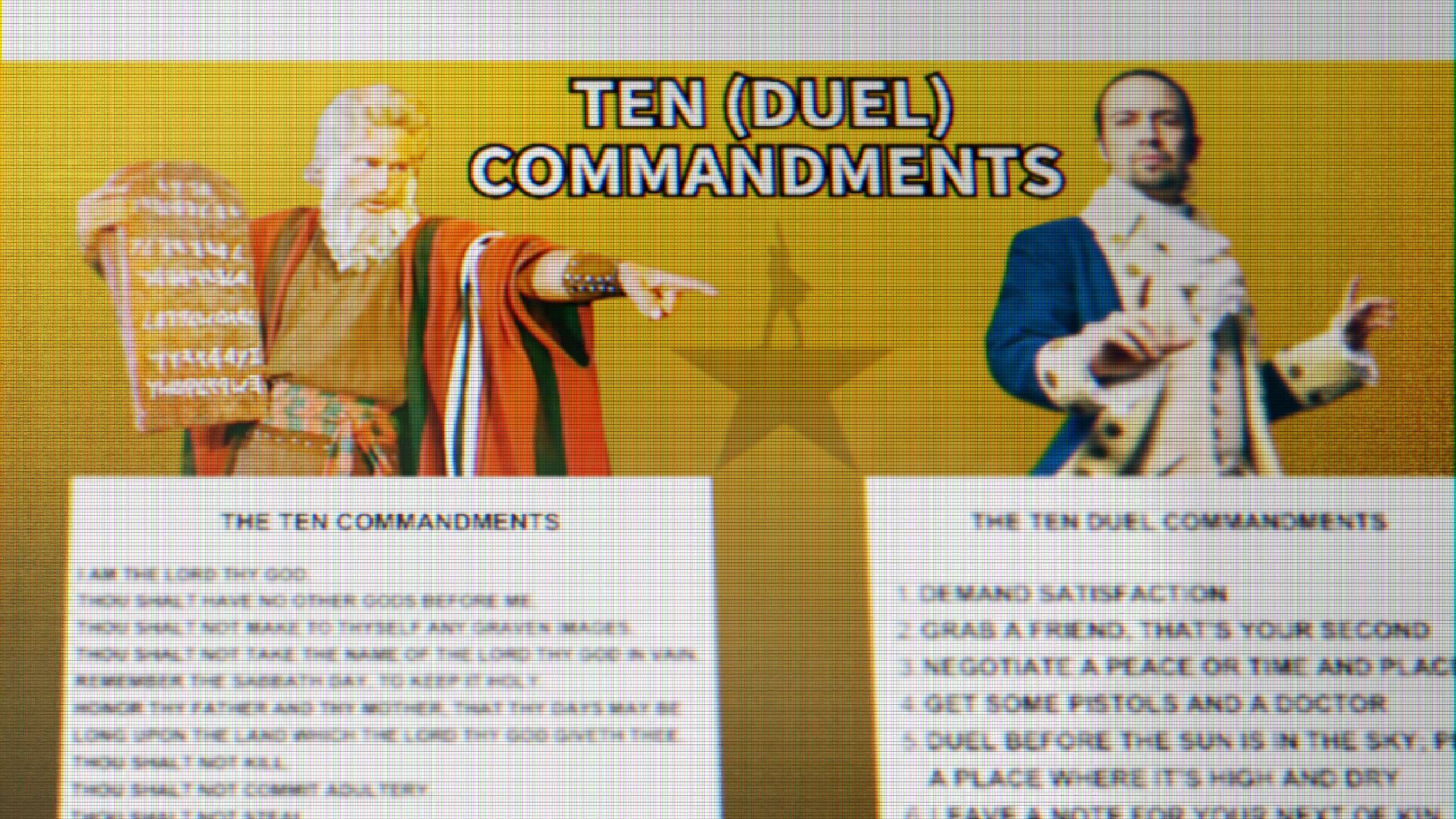Federal Judge Prevents Implementation of Louisiana Law Requiring Ten Commandments in Classrooms
A federal judge recently halted a Louisiana law requiring public school classrooms to display large posters of the Ten Commandments, deeming it “facially unconstitutional.” The law, known as H.B. 71, was enacted in June and mandated that the Ten Commandments be showcased in a prominent manner, measuring at least 11 inches by 14 inches and designed with a “large, easily readable font.” Proponents of the legislation argued that its intent was purely educational, aiming to highlight the historical significance of the Ten Commandments rather than promote religious indoctrination. Furthermore, the law stipulated that no taxpayer funds could be used for these displays, compelling schools to rely solely on donations for the funding of the posters.
Despite these claims, the law faced immediate opposition in the form of a legal challenge from parents who argued that it infringed upon their right to instill their personal religious values in their children. The lawsuit asserted that the requirement to display the commandments exerted unconstitutional pressure on students to engage in religious observance and adopt a specific religious doctrine. It further contended that the mandate sent a detrimental message to students who might not adhere to the Ten Commandments, implying that they were unwelcome in the educational environment if their beliefs diverged from the state-endorsed religious narrative.
Judge John W. deGravelles ruled in favor of those challenging the law by issuing a preliminary injunction on H.B. 71. The judge pointed out that the law was not neutral regarding religion—as its text, effects, and the comments made by lawmakers surrounding its passage indicated a clear bias. He stated that, for the law to withstand judicial scrutiny, the state would have to demonstrate a compelling interest in promoting the education of students about the Ten Commandments in a manner that does not infringe upon First Amendment rights. The judge noted that there were alternative methods to achieve this educational goal that would not impose such burdens on religious freedoms.
The ruling drew immediate acclaim from advocates for religious freedom and constitutional rights, who viewed it as a significant pushback against perceived overreach by Louisiana lawmakers attempting to inject religious instruction into public schools. Heather L. Weaver, a senior staff attorney with the ACLU, emphasized in her response to the ruling that public schools should not serve as platforms for religious conversion. Her remarks underscored the importance of maintaining educational environments that are inclusive and welcoming for students regardless of their individual faiths.
As the legal battle unfolds, the implications of the ruling highlight a broader debate regarding the separation of church and state, particularly in educational settings. The case raises essential questions about the role of religion in public education and the extent to which state policy can reflect religious beliefs. Legal experts and advocates continue to scrutinize such laws across the country, with many emphasizing that indoctrination in public school settings violates the core principles of the U.S. Constitution.
Ultimately, the judge’s decision serves as a reaffirmation of the First Amendment’s Establishment Clause, emphasizing the need for neutrality in governmental actions regarding religion. The ruling signals that attempts to intertwine religious doctrine with state-run educational institutions will face significant legal challenges, particularly when such measures threaten to marginalize students of different faiths or beliefs. As Louisiana grapples with the ruling and its potential ramifications, it becomes evident that the conversation surrounding religious expression in public schools is far from over, necessitating ongoing vigilance and legal scrutiny.
Share this content:












Post Comment